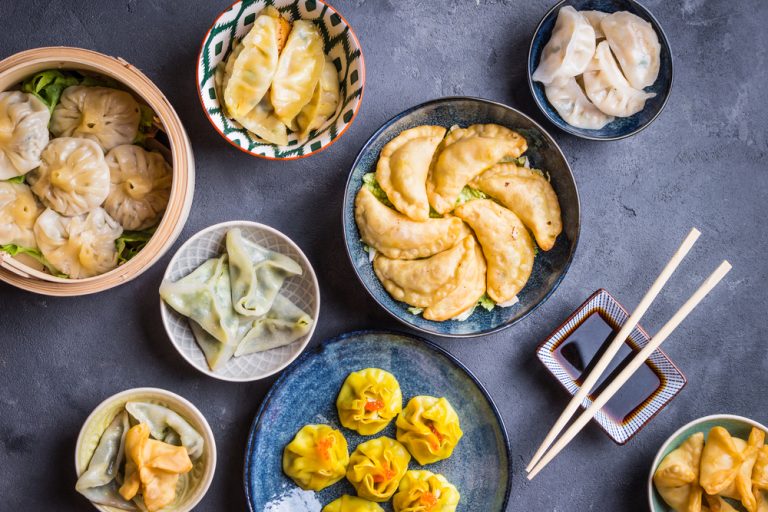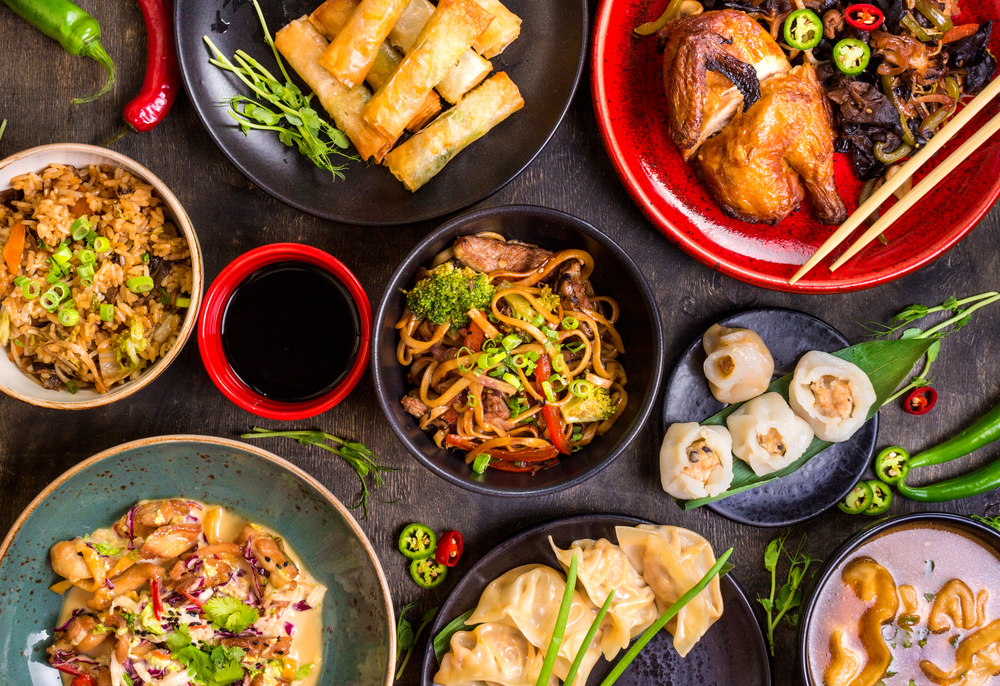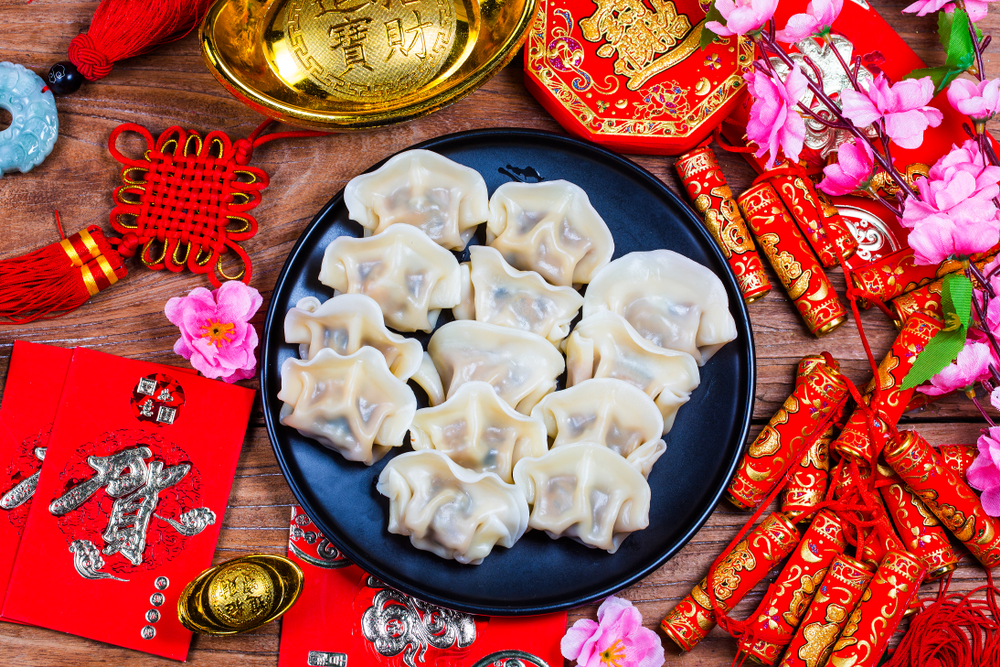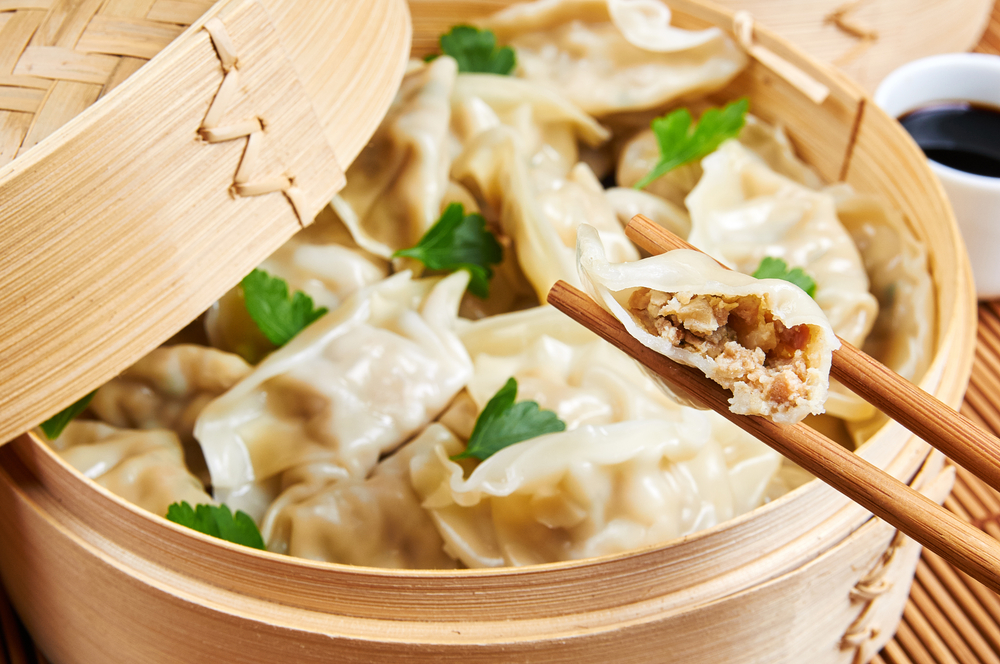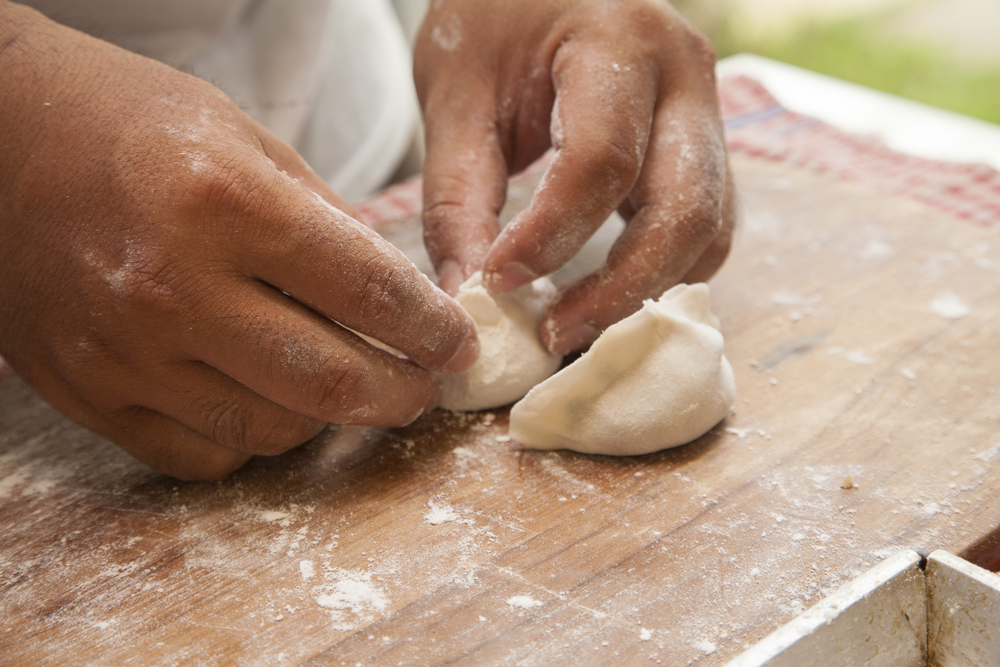It is great news to hear that travel restrictions are slowly being lifted, but China is one of the many countries that we can still not holiday in. Do you love a Chinese takeaway or are desperate to get to China and tick it off your ‘must do’ travel list?
If so, then this article could be for you. The Chinese dumpling is a wonderful delicacy that can easily be created at home, so why not give it a go and bring China into your own kitchen?
A Haven for Foodies
The Chinese love their food, and because the country has a diverse and dramatically different culture to our own, the food is exotic, intriguing and always memorable.
It’s normal for multiple dishes to be served at each meal, making for a varied and incredibly tasty banquet. Many mains incorporate sweet flavours into dinnertime, meaning that dessert is often not needed.
Another way that Chinese food stands out from our own is in the aims of the chef. Chinese cuisine uses a range of different and unique textures. Ingredients are often chosen for their crunch or their chewy bite – and if they taste bad to begin with, they will be cooked for a long time to remove the flavour and then be coated with seasoning.
That’s why shark fin soup, chicken feet and even snakes make it to the table in China when we normally don’t consider them edible. And don’t be fooled – the use of five spice, hoisin sauce, or garlic can make these dishes particularly tasty if you give it a go.
The Dumpling
The humble dumpling is broadly cooked in three ways: boiled, steamed, or pan-fried. However, each family has their own methods of preparing dumplings or “Jiaozi”.
History
Jiaozi date back to Ancient China – around 1800 years ago. Legend has it that in the Eastern Han Dynasty, a famous physician returned to his home village where he found the poor succumbing to an epidemic of frostbite.
He was determined to help. He wrapped lamb with medicinal herbs and black pepper in small pieces of dough and boiled them. He served these little ear-shaped dumplings to the sick, and soon they were rid of frostbite. From there, many imitations were said to have been cooked up in kitchens across the dynasty.
Fillings
More than just plentiful variety, different fillings are traditionally thought to have special symbolic significance.
- Celery fillings represented industriousness, and therefore wealth in the future.
- Cabbage dumplings were supposed to bring good luck and wellness for another hundred years.
- Beef fillings were believed to bring strong economic growth. In Chinese, the phrase “Bull market” refers to a time of rising stock prices.
Potsticker Dumplings Recipe
Luckily, dumpling dough is easy to make at home – and it will taste all the better for making it fresh!
Steps:
- Place 140g of plain flour into a large mixing bowl. Slowly stir in 125ml of very hot water. Make sure to constantly mix the dough while you do this with a fork (or a pair of chopsticks for a more authentic experience).
- Once the water is incorporated, tip out the dough mixture onto a clean, floured work surface. Knead for approximately 8 minutes, or until the dough is smooth.
- Return the dough to the bowl. Cover with a damp kitchen towel and leave to rest for around 20 minutes.
- Meanwhile, make the filling in another mixing bowl. Thoroughly combine 110g pork or vegetarian mince with: 75g Chinese cabbage; 1½ tbsp. chopped spring onions; ½ tsp light soy sauce; ½ tsp dark soy sauce; ½ tbsp. rice wine; 1 tsp sesame oil; ½ tsp sugar; 1 tbsp. stock; ½ tsp salt; ¼ tsp ground black pepper.
- Take the dough out of the bowl. Knead again for 5 minutes, dusting with flour if sticky. When smooth, shape into a long roll about 2.5cm in diameter.
- Take a sharp knife and cut the dough into roughly 16 equally-sized slices. Each piece should be around 15g.
- Roll each dough piece into a small ball with your hands, and then use a rolling pin to roll each ball into a flat, circular “pancake”. Each pancake should be about 9cm in diameter. You can place each pancake onto a lightly floured baking tray and cover with a clean damp kitchen towel to stop from drying out.
- Spoon 2 tsp of the filling into the middle of each pancake. Moisten the edges with water, then use your fingers to fold the dough in half and pinch the edges together. Pleat around the edges to seal the dumpling.
- Place each dumpling back on the floured baking tray after it has been sealed to stop from drying out.
- Once all the dumplings have been stuffed, heat a large non-stick pan until very hot. Add 1tbsp groundnut oil, and place the dumplings flat-side down into the hot oil.
- Reduce the heat and cook for 2 minutes. The dumplings should lightly brown.
- Then, add 75ml of water to the pan and cover tightly with a lid. Simmer for approximately 12 minutes, or until most of the water is absorbed. Uncover the pan, and cook for another 2 minutes.
- Use a slotted spoon to remove the dumplings from the pan. Serve!
Top Tip: To make a traditional dipping sauce, simply mix together 3 tbsp. soy sauce, 2 tsp chilli oil, and 1 tbsp. white rice vinegar.
How to Get There
Nowadays, it’s very easy to fly from the UK to China. When the borders reopen after lockdown, you have several major airport options: going from the UK to Beijing Capital Airport, travelling to Shanghai Pudong Airport, or flying to Hong Kong Airport.
When planning your trip, I would recommend pre-booking an airport transfer with Shuttle Direct. Not only will it save you a lot of stress trying to navigate public transport or expensive local taxis, but the cars are always comfortable and the drivers are very professional.
About Shuttle Direct
Here at Shuttle Direct, we’re proud to be a world-leading provider of airport transfers. We are known for our professional drivers, comfortable cars and impeccable service. We have private and shared options, so no matter your budget or where you’re going, we’ll get you to your destination stress-free.

